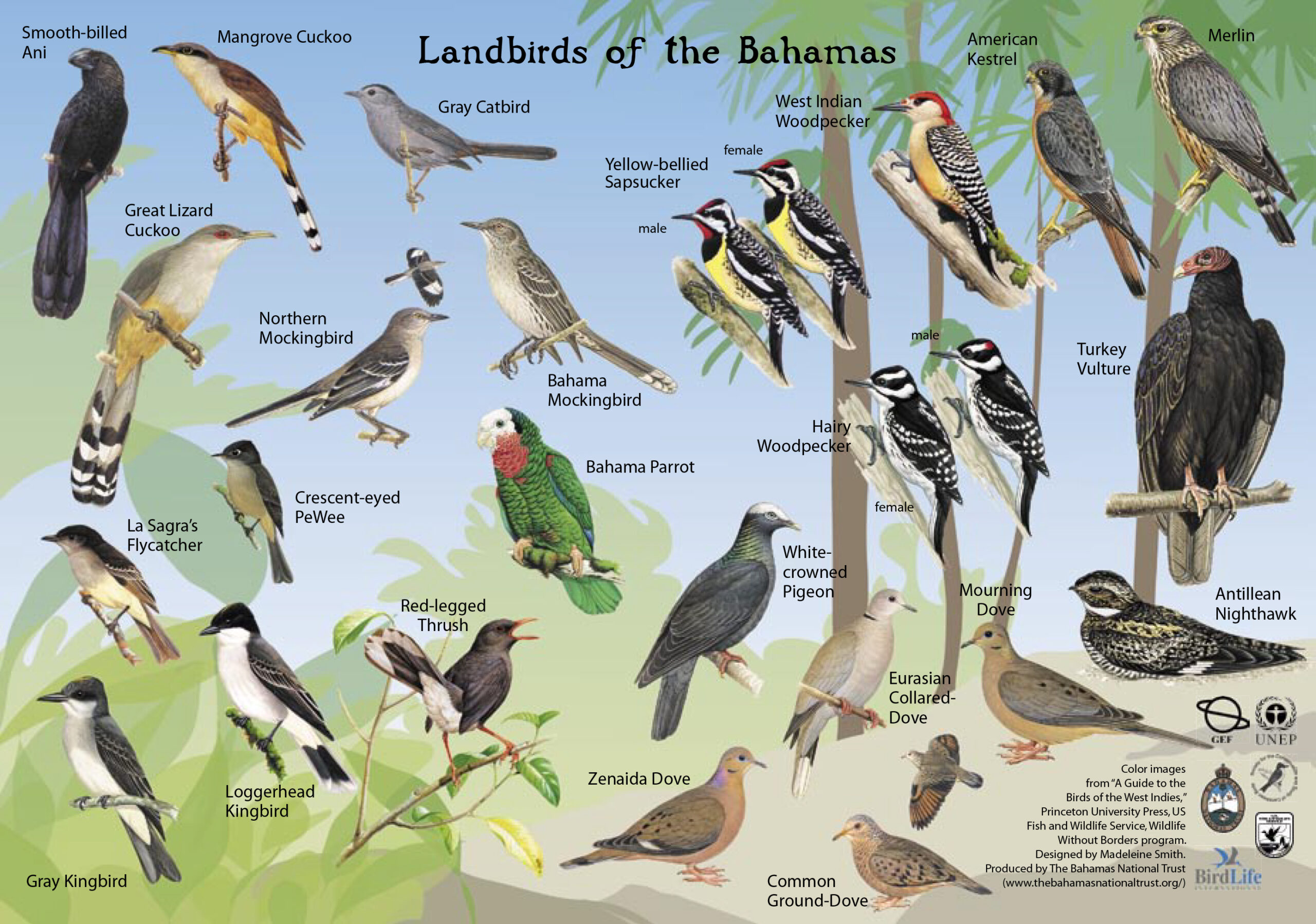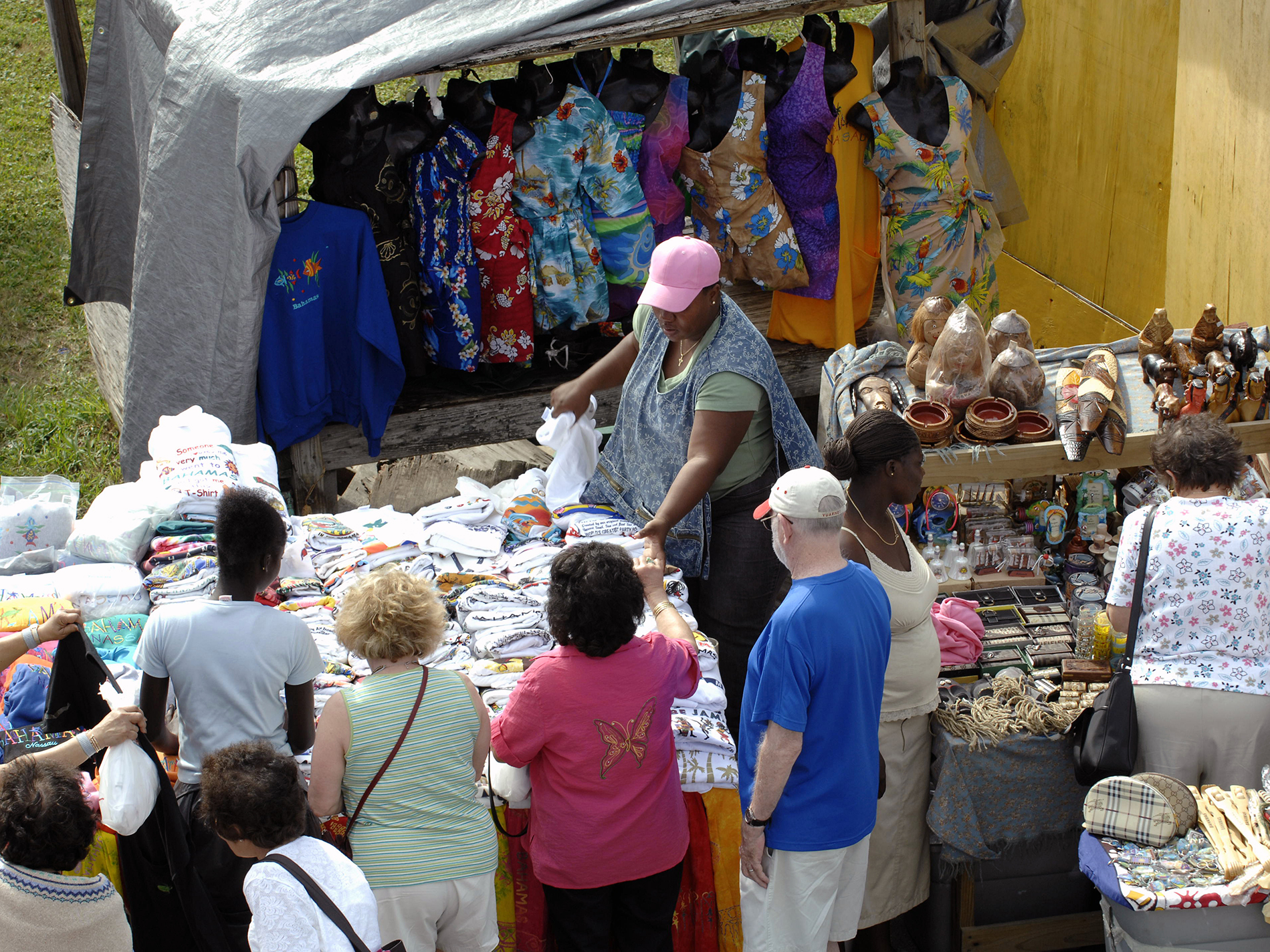ECONOMIC IMPACT AND STATISTICS
The measurement of tourism, whether it be economic, or to assess environmental and social impacts, is arguably the most fundamental aspect of tourism development.

ESTABLISHING SYSTEMS OF TOURISM STATISTICS
This is the starting point! Every destination will have a system, but the effectiveness and level of detail will vary. We make assessments of existing systems, and put together realistic plans for their development and expansion so that they provide deeper and broader data that can be used to inform planning, monitoring, marketing, promoting and regulating the sector.
The ideal is for destinations to have empirical data available on inbound air, cruise and land-based visitor surveys, domestic visitor surveys, and industry surveys (such as accommodation occupancy, income, expenditure and employment) available. A robust system of tourism statistics is usually the first step towards the development of a Tourism Satellite Account.

TOURISM SATELLITE ACCOUNTS
The internationally recognised methodology for measuring the economic impact of tourism is through the establishment of a Tourism Satellite Account (TSA).
Internationally ratified by the United Nations Statistical Committee (UNSC) and United Nations World Tourism Organization (UNWTO), TSAs measure tourism using the same concepts as other industries such as agriculture, manufacturing and mining.

NATURAL CAPITAL ACCOUNTING
Natural Capital Accounting (NCA) is linked to the System of Environmental Economic Accounting (SEEA) which studies the relationships between the economy and the stocks, and changes in stocks, of environmental assets such as wildlife or national parks. It is closely linked with TSA development, although it is still a relatively new approach to measuring the environment and its value to tourism. Caribbean destinations have developed a number of methodologies for this, in particular relative to scuba diving, fishing, boating, birding and land and sea parks.

LOCAL ECONOMIC IMPACT
Whilst TSAs work well at the national level, for regional and more local measurement of the economic impact of tourism a different approach is usually more effective. Typically for these we deploy visitor expenditure surveys and measure the impact of the visitor economy combining the findings from these with surveys of local businesses